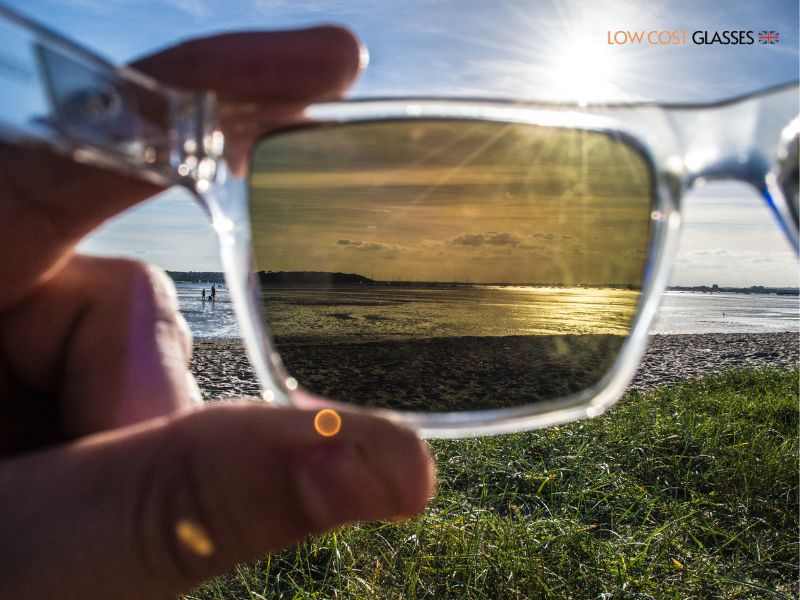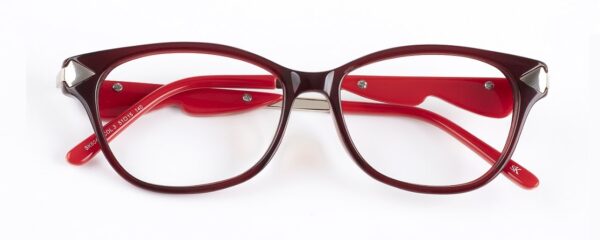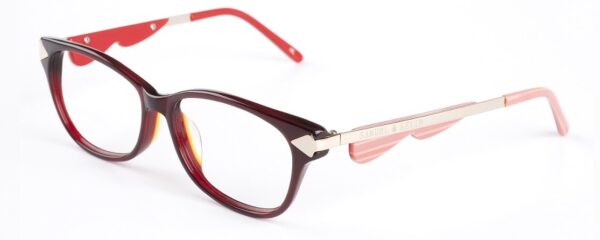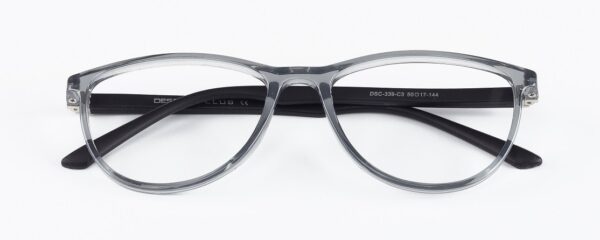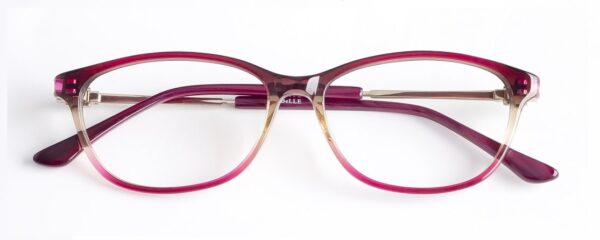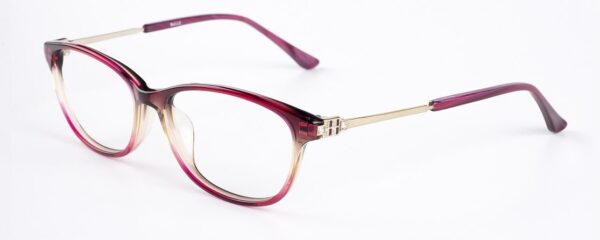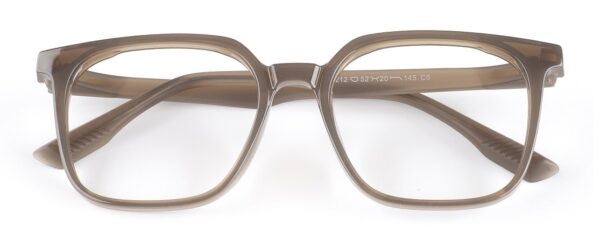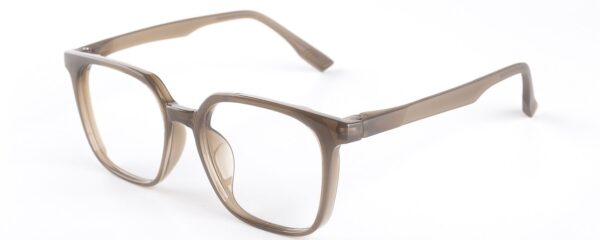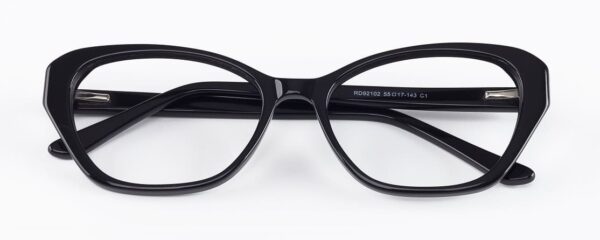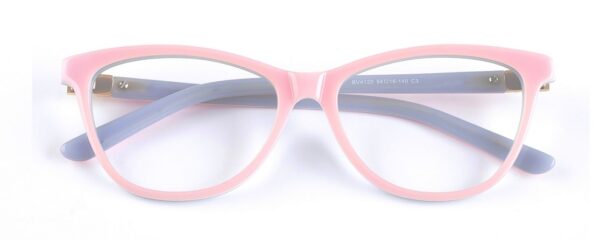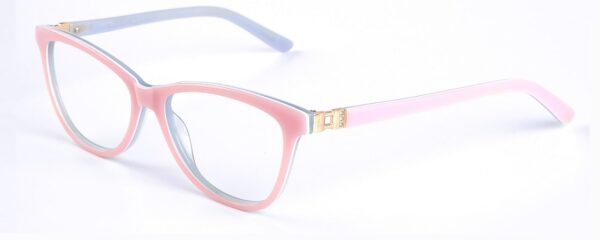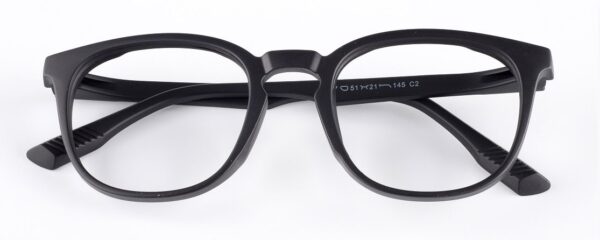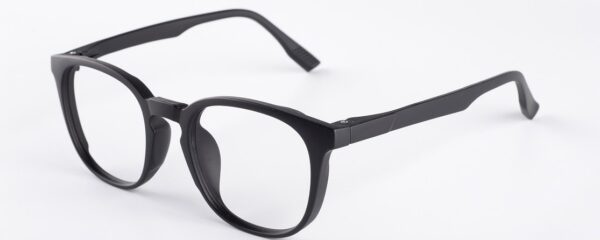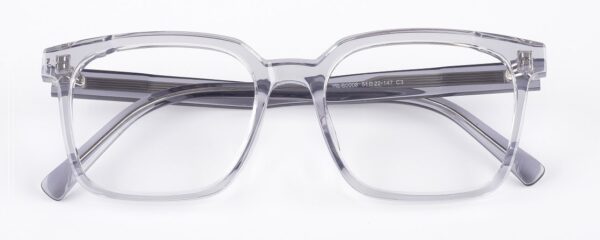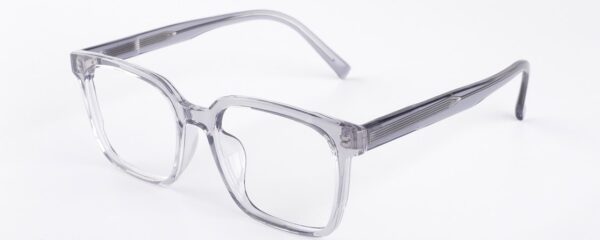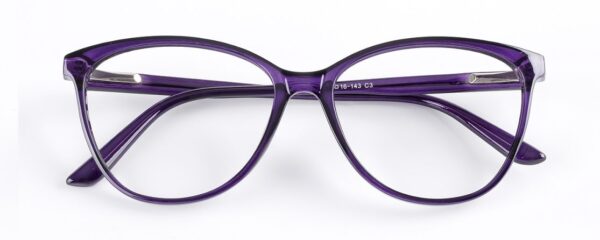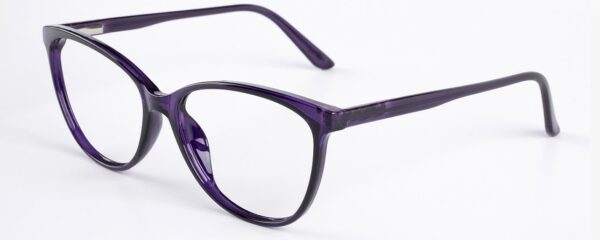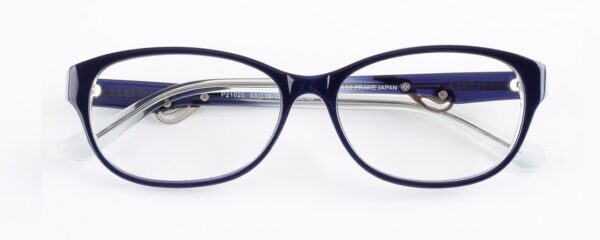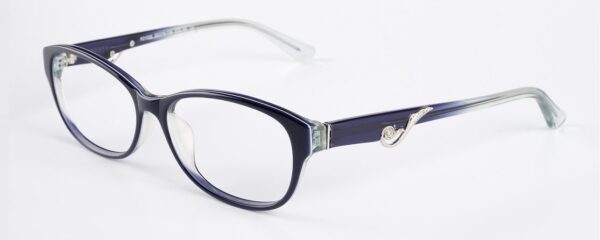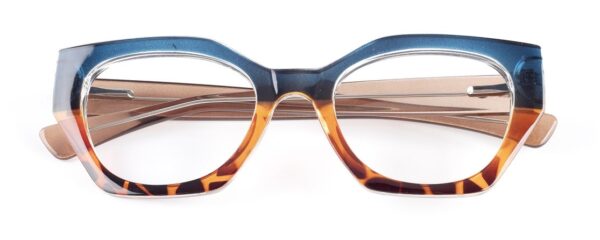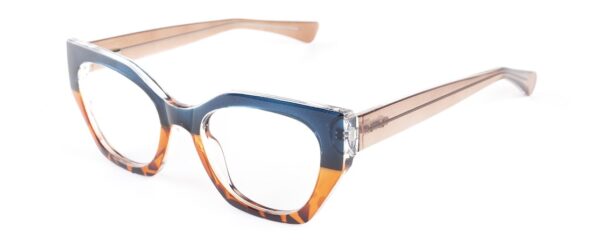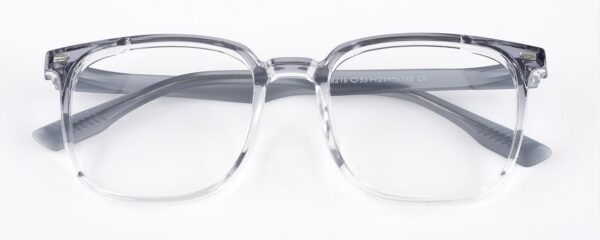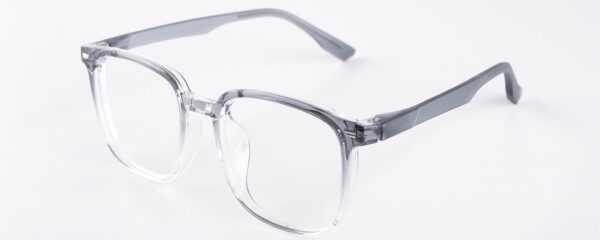Have you ever been on the beach on a hot, sunny day and found yourself squinting from the blinding sun rays bouncing off the water, hitting you straight in the eyes? You could be having the time of your life if only you had a pair of polarised sunglasses.
Polarised sunglasses, just like tinted sunglasses, dim bright light, but they take it a step further by cutting out glare and making objects appear sharper and clearer. This makes them a perfect choice for outdoor activities like driving, hiking, and golfing, where glare can be a problem.
Today’s blog post will walk you through how polarised sunglasses differ from regular sunglasses, how they work, ideal situations to use them and how to pick out the right polarised glasses for you.
How Polarised Sunglasses Work
When scattered rays of light reflect off smooth and shiny surfaces like a mirror or a body of water, they bounce off in a horizontal direction and converge to become more intense and brighter. This more intense light is called glare. Glare reduces visibility, and prolonged exposure may cause eye strains, headaches, or even loss of vision.
The lenses of polarised or anti-glare sunglasses are coated with special chemicals called polarizers. On a microscopic level, these polarizers act as vertical slits that filter out horizontal light and allow only vertically oriented light to pass through, thus limiting the amount and intensity of light that reaches the eyes. You can think of these polarizers as bouncers, stopping uninvited guests from attending a party.
Checkout Our Best Selling Prescription Glasses
Benefits of Polarised Sunglasses
Beyond cutting out horizontal light and reducing glare, polarised sunglasses are an excellent eyewear choice. Here are some extra reasons why you have to get one from us:
- Polarised glasses improve contrast and clarity. The combination of these two gives you a perfect sense of distance, depth, and definition.
- Polarised sunglasses improve your visual comfort and reduce eye strain by decreasing the amount and intensity of light reaching the eyes.
- The right pair of polarised sunglasses can serve as an additional fashion accessory and help complement your personal style.
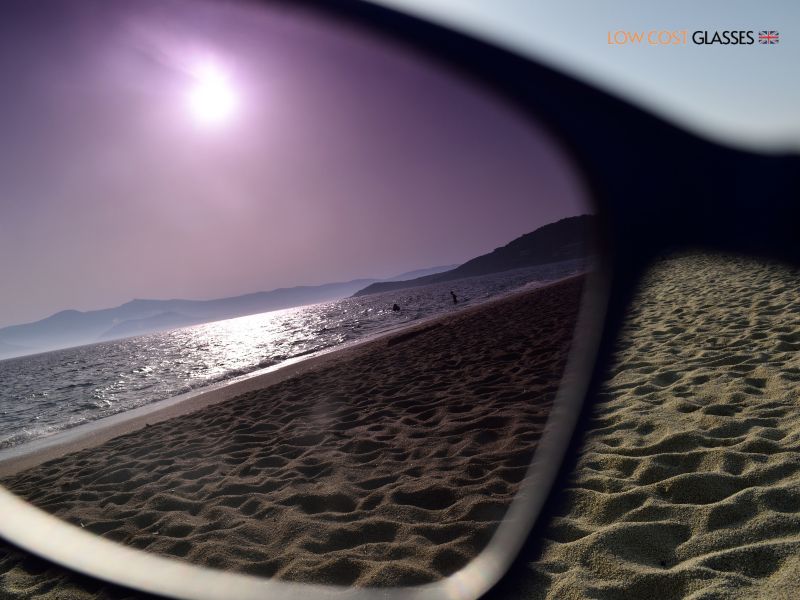
When to Use Polarised Sunglasses
Polarised glasses are a must-have in a number of situations. Here are some scenarios where you definitely want to be wearing a pair of polarised lenses.
Driving
Going for a drive right before sunset can be very difficult, with glare from the windows of other cars and the road impairing your vision. Wearing polarised sunglasses while driving on sunny days may help you reduce the glare and prevent motor accidents.
Fishing and Boating
Intense reflections from water surfaces getting into your eyes while boating or fishing can be distracting. Polarised glasses help you cut through the glare, allowing you to see clearly and deeper into the water.
Winter Sports
Partially polarised goggles are a requirement in winter sports like skiing and snowboarding; they help you keep the blinding glare from snow and ice out of your eyes while also improving contrast and definition. You can’t use fully polarised glasses for winter sports because ice and snow look the same under complete polarisation.
Outdoor Summer Sports
If you enjoy golfing, cycling, running, or just want to enjoy a fun day at the beach, polarised glasses are a must-have on hot days. They help to keep excess light rays and sharp colours away from your eyes and prevent squinting, ensuring that your full focus is on performance.
Limitations of Polarised Sunglasses
Polarised sunglasses are great, but of course, like all amazing things, they come with a few catches. Here are some reasons why polarised sunglasses may not be the “almighty anti-light” you thought they were:
- Polarised sunglasses make it difficult to view LCD screens like computers, ATMs, and car dashboards. This is because most LCD screens already come equipped with a polarised filter of their own. Lining up two polarised filters may cause light distortion.
- Polarised sunglasses cannot be used in low-visibility conditions since they block out horizontal light. Using polarised lenses in the dark will further impair vision, making running or nighttime driving dangerous.
- Polarised lenses are capable of altering your perception of depth and distance. These alterations may leave you with a sense of uneasiness or nausea, so if you experience this, it would be wise to visit your eye doctor.
Checkout Our Best Selling Prescription Glasses
Polarised vs. Unpolarised (Tinted) Sunglasses.
You still can’t decide whether to go for regular sunglasses or the polarised alternative. Let’s help you make an informed decision with this detailed comparison:
| Features | Polarised Glasses | Unpolarised glasses |
| Functionality | Filters off horizontally polarised light | Dims bright light |
| Glare Reduction | Blocks out glare from reflective surfaces | Does not reduce glare |
| Clarity | Makes objects clearer and sharper. | Reduce how bright objects appear without improving clarify |
| Eye Comfort | Protects against eye strains and headaches | Cannot protect against eye strains and headaches in high-glare situations |
| Interaction with Digital Screens | Can make it difficult to see LCD screens (smartphones, GPS devices, ATMs) | Do not affect the visibility of digital screens |
| Price | More expensive due to added technology and benefits | Less expensive option |
Both polarised and unpolarised sunglasses are great options for keeping the sun out of your eyes, but polarised glasses just edge it for us. Although they are more pricey, they offer a wider degree of protection.
Four Factors to Consider When Picking Out Polarised Sunglasses
-
Ultraviolet (UV) Protection
Contrary to popular belief, not all polarised sunglasses offer protection against harmful ultraviolet (UV) rays from the sun. According to Johns Hopkins Medicine, continuous exposure to UV rays increases your risk of developing eye diseases like cataracts (clouding of your lens) and eyelid cancer.
It is important that you check if a pair of polarised glasses offer UV protection before making a purchase—you may be able to identify polarised glasses that protect against UV rays by checking for a “UV400” or “100% UV” label. Lucky for you, all sunglasses available in our store come fitted with 100% UV protection.
-
Lens Colour
Polarised lenses come in a spectrum of colours and although you may not have heard this before, specific colours offer better protection for specific environments and situations. Below is a table matching common lens colours to their ideal use cases:
| Lens Colour | Ideal Use Cases |
| Grey | Suitable for General use, Driving and Outdoor sports. |
| Brown/Amber | Driving, Fishing and Golfing |
| Green | Golfing, Tennis and Outdoor sports |
| Yellow/Gold | Winter sports (Skiing and Snowboarding) and Indoor Sports like Shooting |
| Blue | Beach and Water Sports like Fishing and Boating |
| Red | Hiking and Climbing |
-
Frame Style and Fit
In addition to being a form of protective gear, polarised sunglasses can also serve as excellent fashion accessories. As such, it is important to prioritise style and comfort when picking out the right sunglasses for you.
We offer different types of fashionable sunglasses, from aviators and cat eyes to wayfarers. Use the filter option in the top left corner of our collection page to search for a frame shape and style that resonates with your inner fashionista.
-
Additional Features
Before you pick out a pair of polarised sunglasses, consider the other perks the glasses may have. Features like scratch resistance, hydrophobic coating, and photochrome may come in handy. and should be a key deciding factor when picking out sunglasses.
After choosing a pair of sunglasses from our store, you get the option to handpick the special features you’d like to add during the check-out process.
Conclusion
Polarised glasses are a must-have if you enjoy spending time outdoors. They stand miles clear of regular sunglasses due to their anti-glare abilities, making them the top eyewear choice for driving, water sports, and winter and summer sports.
We advise that you don’t use polarised sunglasses at night or when operating equipment with LCD screens, as they may disrupt your normal vision. You may also experience light nausea while wearing polarised lenses. Visit your eye doctor if this happens.
Visit our store to pick out the perfect pair of polarised sunglasses for you. Before making your choice, we advise that you consider UV protection, available lens colours, frame style and design, and the available perk options.
Checkout Our Best Selling Prescription Glasses
















